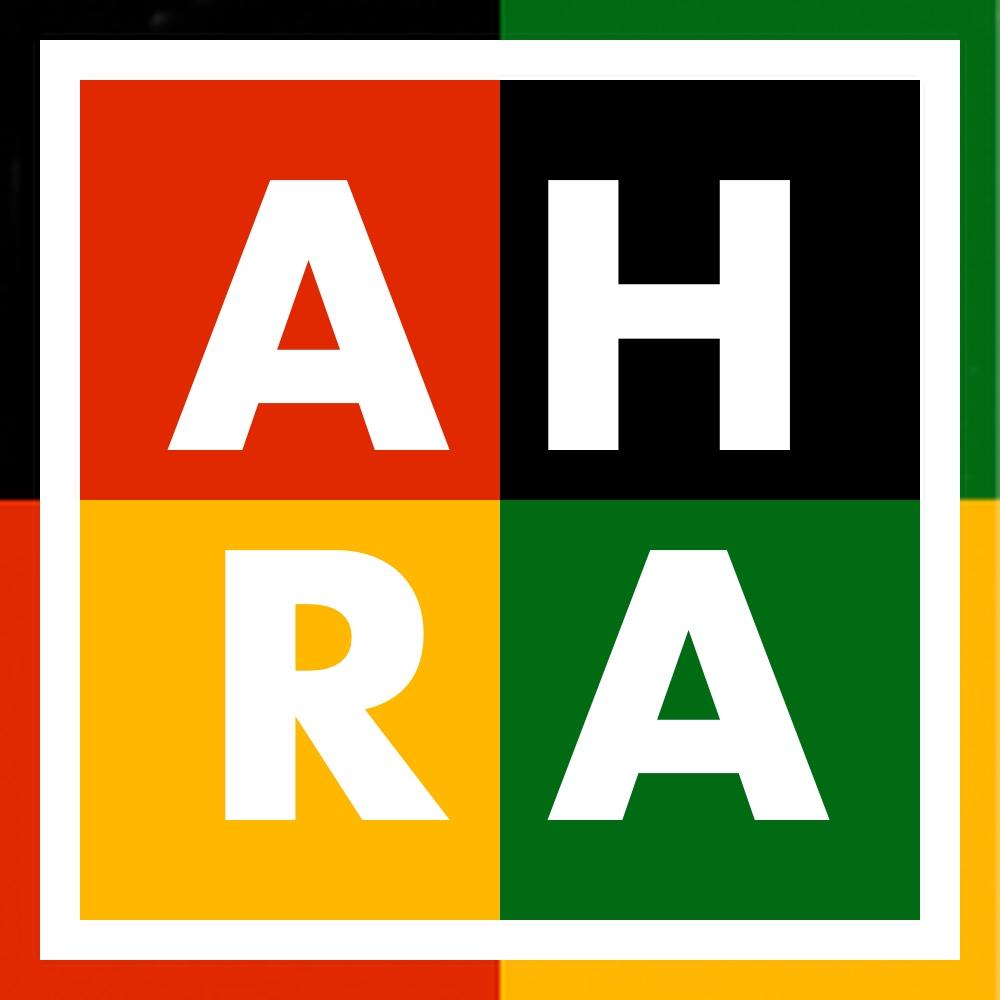Reparations Committee Recommends Focus On Youth Services, Affordable Housing, And Entrepreneurship

Photo: African Heritage Reparations Assembly
The African Heritage Reparations Assembly (AHRA) will present its final report to the Town Council and the public in mid-September. The group was established in the fall of 2021 after the Town Council voted to establish a fund for reparations for harms done to Amherst’s African American population through slavery and structural racism. The fund was to receive contributions from the town’s certified free cash equal to cannabis tax revenue for 10 years or until it reached a $2 million endowment, when the interest earned could be used for reparations.
Although the report is still in the draft stage, the AHRA has identified the need for youth programs, affordable housing, and business grants as foci for initial funds. The group has been working with stakeholders to find a way to accelerate the growth of the reparations fund, so that reparations work can begin well before the 10-year mark specified in the original proposal.
The report outlines the origins of Amherst’s reparations efforts, beginning with the work of the Reparations For Amherst group, formed in 2020, whose reports detailed the long-lasting effect of slavery and discrimination on Blacks in America. The Community Safety Working Group (CSWG) then presented a detailed report in 2021 recommending formation of a civilian responder corps (CRESS), a Department of Diversity, Equity, and Inclusion, a resident oversight board for the police, a youth empowerment center, and a multicultural center. Only the first two of these programs have been implemented to date.
After its founding, the AHRA held several listening sessions, two for the general public and then targeted sessions with high school students of color, the Black Business Association of Amherst, and the Amherst Survival Center. It also conducted a survey that received 650 responses, 95 from African Americans. The results of this outreach have shaped the recommendations of the assembly.
AHRA members feel reparations will be more effective if they are linked to existing programs of the town. Member Amilcar Shabazz used the example of using reparations funds to enable Black students to tour historically Black colleges and universities through the proposed youth center or inviting a Black author to a program at the Senior Center.
The committee is still working on its philosophy for eligibility for reparations and how to tie it to the programs in the town. The group has yet to determine how reparations will be paid. A legal opinion by the town’s attorney suggests the council seek special legislation if direct (individual) benefits are to be made. There are other options for dispersing community benefits that will be explored further and outlined in the report. Also, since the AHRA will no longer exist after its report is accepted, there will need to be a successor group to determine how the money will be used. Shabazz suggested that there be an assembly of Amherst residents of African heritage that meets once or twice a year to discuss the use of the money.
In addition, the AHRA encourages the town to continue its DEI work and to develop a policy on the naming of places and streets.
Should There Be Cash Payments To Individuals?
At the October, 2022 listening session, Town Councilor Ellisha Walker (at large) spoke of the need for an emergency fund to help residents who need money for rent, utilities, or food without having them deal with agencies and paperwork. Rhodes said he opposes this idea because of the legal complexities it would involve, but can see the need for such a program. Shabazz cited the funds paid directly to interned Japanese Americans after World War II, and suggested that the successor group to AHRA explore the possibility of cash payments.
Ending Routine Traffic Stops By Police
One of the recommendations of the CSWG was the ending of pretextual traffic stops for minor reasons by the police. AHRA Chair Michele Miller expressed concern about a recent incident in which her constituent was pulled over by the APD because he matched the description of a theft suspect they were looking for. In seeing that this is an area of concern for residents according to the survey and listening session data, she asked the group if they thought eliminating routine traffic stops could be considered a form of reparative justice. She cited a Driving Equality Ordinance recently adopted in Ann Arbor, Michigan and suggested the committee take a look at it, along with the CSWG/LEAP recommendation.
Several other members of AHRA stated that they had also been stopped by the police for minor issues, and Hala Lord said she has been stopped several times for no reason. Because interactions between African Americans and police have been a fraught issue in Amherst and nationwide, the committee felt that police traffic stops should be considered when crafting the report.
The AHRA will continue to discuss its final report at its weekly Monday meetings. The report will be posted on the town website at least three days prior to its presentation at the Town Council meeting on September 11 or 18.
